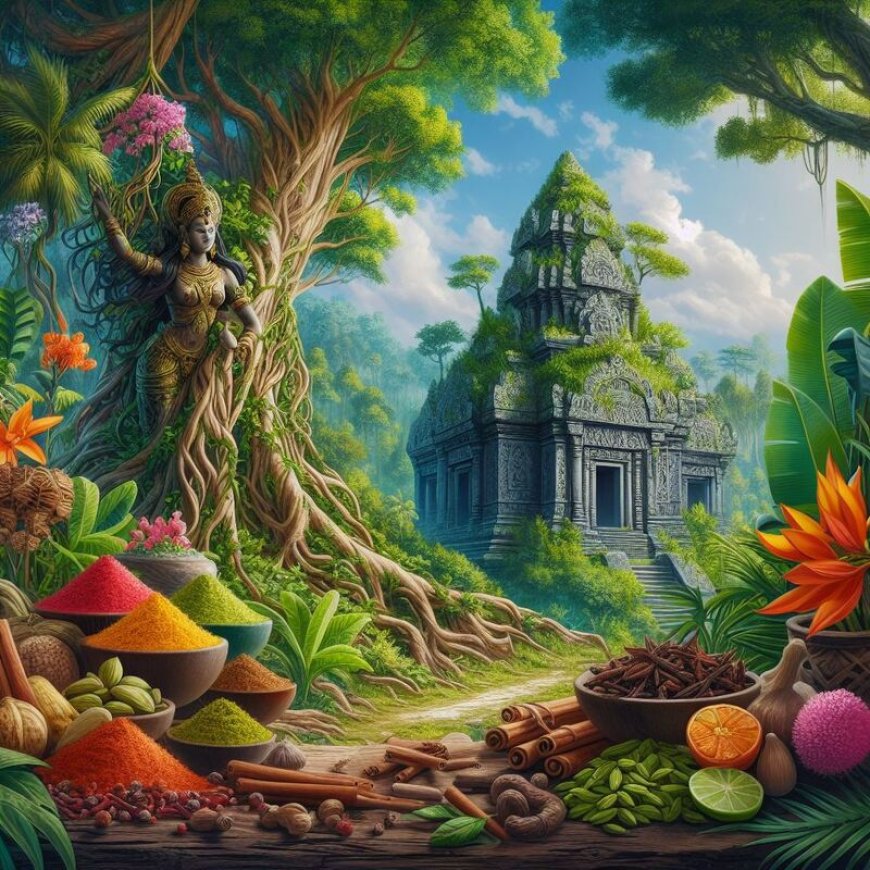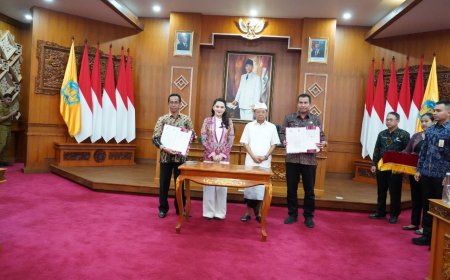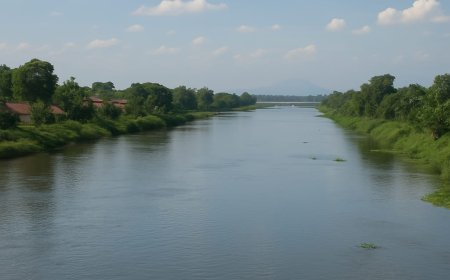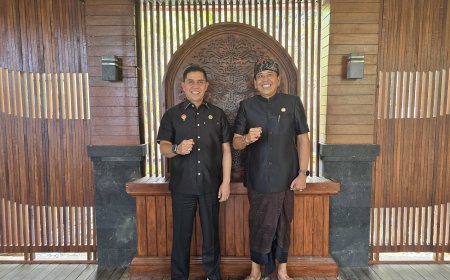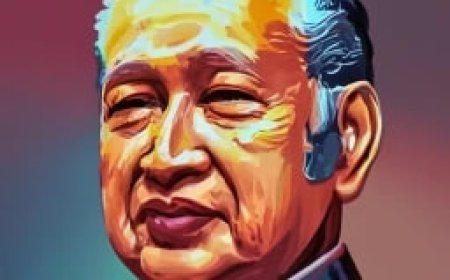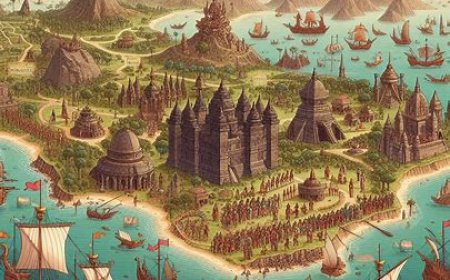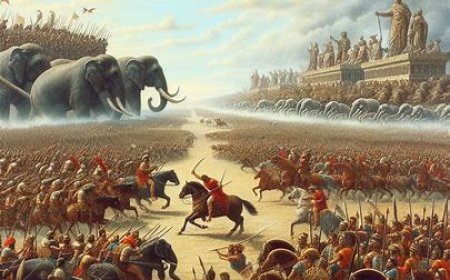The archipelago is a land blessed by divinity, selected by providence as the first location on Earth to cultivate spices. Tome Pires, in his book "Summa Oriental que trata do Mar Roxo ate aos Chins" (Overview of the Eastern Region: from the Red Sea to China), recounts his experiences within the archipelago at the dawn of the 16th century. He wrote: "The Malay traders asserted that God had designated Timor for sandalwood, Banda for nutmeg, and Maluku for cloves.
These commodities are unparalleled elsewhere in the world; after thorough inquiry, it was confirmed that nowhere else could these three spices be found." The archipelago boasts the highest biodiversity globally, with approximately 11 percent of the world's plant species thriving in its tropical forests. Among these are over 30,000 species, including those known and utilized as spices. Hence, it is undeniable that the archipelago stands as the cradle of spices, birthing coveted varieties such as cloves, nutmeg, and sandalwood—the primary spice commodities worldwide, which, at their zenith, rivaled the value of gold. Notably, Run Island in Maluku, abundant in nutmeg, was once bartered for Manhattan Island, now synonymous with New York City.
History attests that spices transcend mere commodities, imbuing value and influencing lifestyles across global civilizations. So crucial are spices to human existence that they propel economic, socio-cultural, and political advancements locally and globally. Traders braved perilous journeys and invested fortunes in their trade; chefs incorporate them into delectable cuisines; medical practitioners employ them for remedies; monarchs dispatch expeditions across oceans to procure them; diplomatic endeavors revolve around them; human interactions transcend borders, shaping the annals of human civilization.
